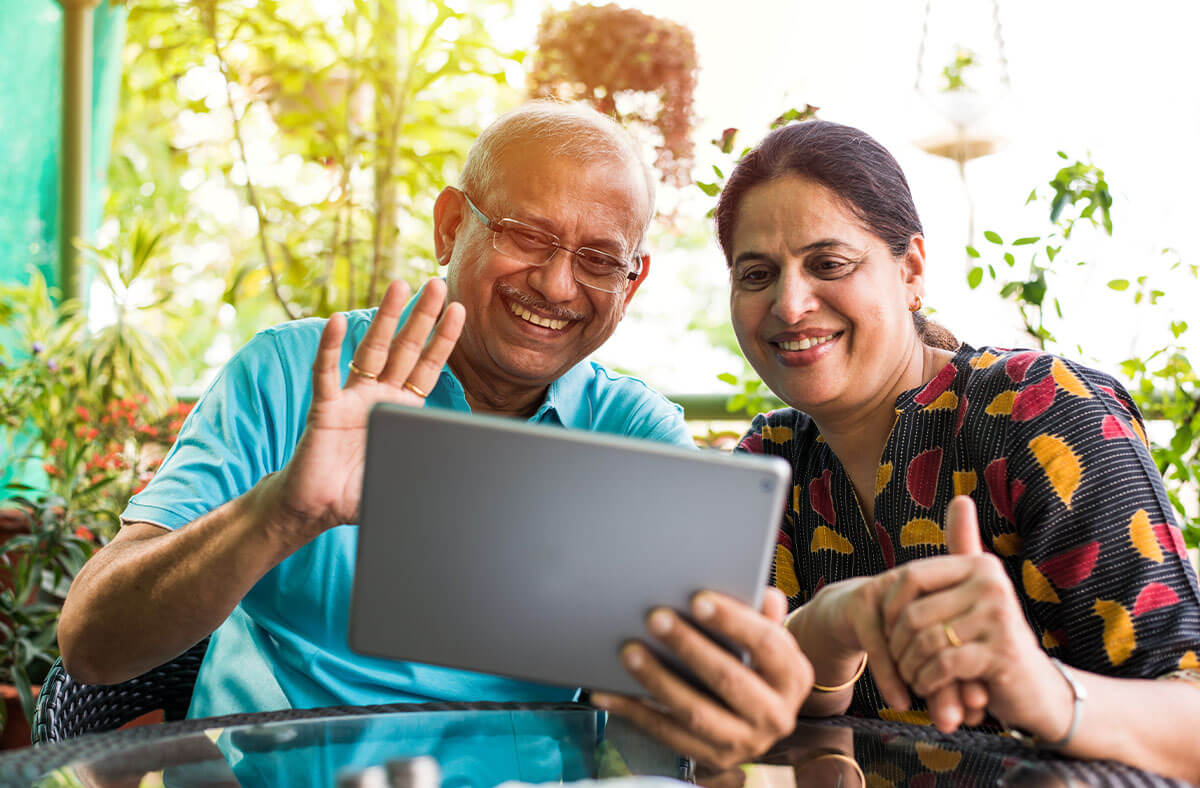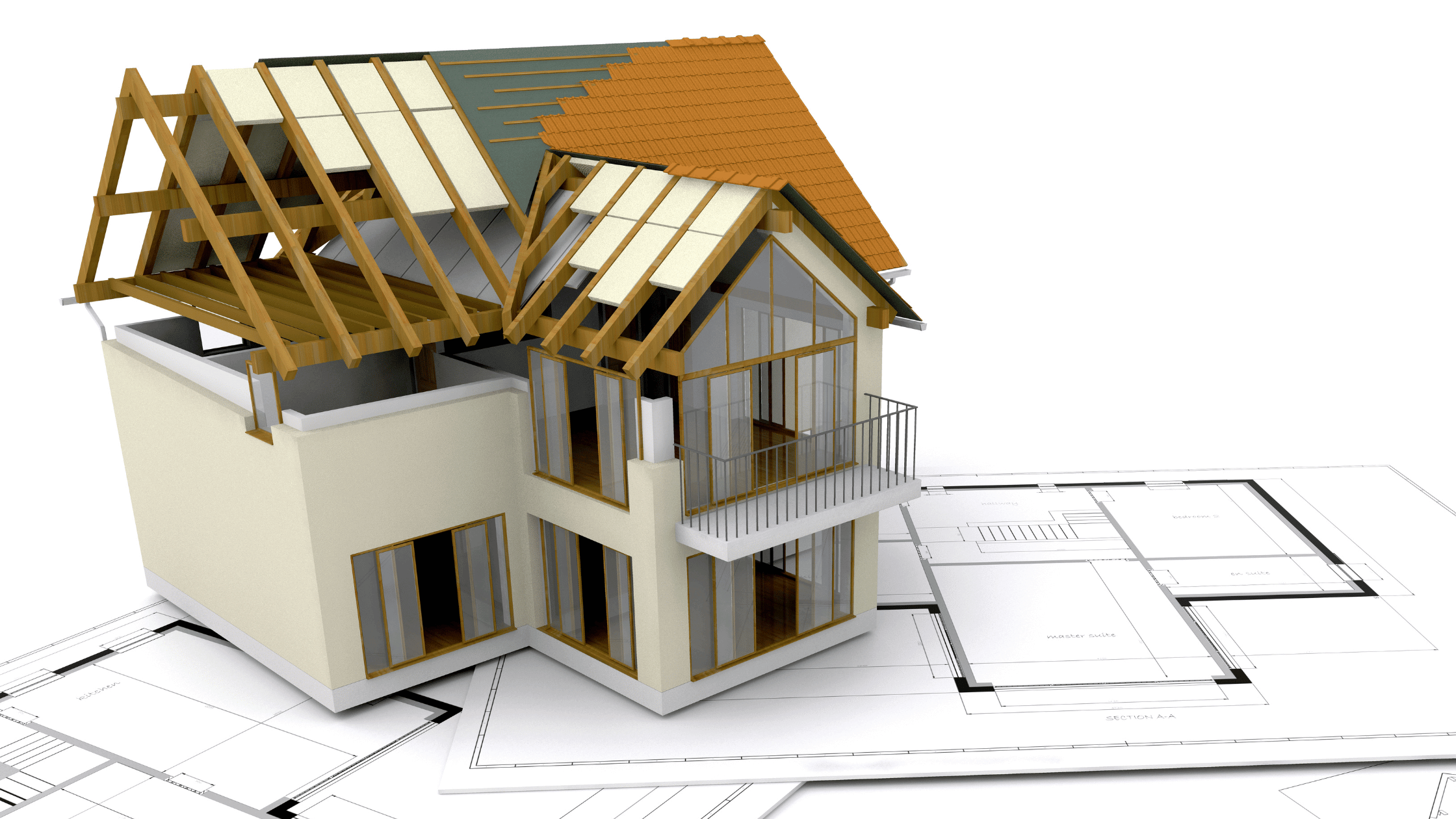
All the youngsters are doing it, and so can the elderly. It is not something that only tech-savvy millennials can use, contrary to popular belief. It can be really beneficial for the elderly to improve their lifestyles…
What are we talking about?
Home automation systems!
Home automation systems can be very useful for the elderly. It makes their lives more convenient and it makes their homes more accessible to them. This also means that seniors who live in smart automated homes do not have to depend on assisted living.
Here are a few pointers about the benefits of smart home automation in place for the elderly.
1. Smart Appliances: With age, it can be difficult to move around the house. While home automation systems will not personally carry anyone around the house, they will turn the television and the air-conditioners off on command. All you need to do is ask. You can do that with a voice command or through the smartphone app.
2. Smart Locks: Keys are tiny things, easily forgotten. You wouldn’t have to worry about losing or forgetting your keys somewhere if you had a smart lock. Smart locks can be set in various ways. You can either have a code to unlock your doors or you can get a smart lock that has fingerprint sensors on it. You can also give access to your family members, so they don’t have to worry about losing your keys either. Also, smart locks can automatically lock themselves!
3. Smart Home Assistants: Always wanted a personal assistant? Now you get to have one! Smart home assistants can make phone calls, set alarms, make lists, answer questions, play music, and tell you jokes and stories. For seniors, they can do all of the tasks mentioned, plus remind them to take their medication on time.
4. Smart Curtains: These curtains are magical! They draw themselves open and shut as per your schedule. Want to wake up to the first rays of the sun? You’ve got it! Need the curtains to draw shut so that Mr. Raju next door can’t peep into your house. Okay!
5. Smart Lights: With age, it gets difficult for the eyes to adjust in the dark. If you fumble in the dark and stub your toe on that bedside table too often, smart lights are perfect for you. Use your phone to turn the lights on! If your phone is nowhere to be found, just use a voice command. You can also set the color and brightness of the lights according to your moods. Smart lights are very useful in a smart home for the elderly.
Overall, home automation systems make various tasks easy for the elderly. You do not have to learn how to use technology anew, to upgrade to a smart home. To top it all, you can live a little more independently knowing that you only have to tell the system what to do.
FAQ’S:
Q. What is home automation for aging in place and accessibility?
A. Home automation for aging in place and accessibility refers to the use of smart technology and automation to help older adults and individuals with disabilities to live independently in their homes. The goal of home automation for aging in place and accessibility is to create a safe, comfortable, and accessible living environment for individuals with mobility, vision, or hearing impairments.
Home automation for aging in place and accessibility involves the use of smart devices such as voice-activated assistants, smart air conditioners, smart lighting, and smart locks. These devices can be controlled through a central hub or smartphone app, making it easier for older adults and individuals with disabilities to manage their homes.
Some examples of home automation for aging in place and accessibility include:
- Voice-activated assistants: Voice-activated assistants such as Amazon Echo and Google Home can be used to control smart devices, play music, and access information without the need for manual interaction.
- Smart air conditioners: Smart air conditioners can be programmed to adjust the temperature in a home based on the time of day or occupancy, making it easier for individuals with mobility issues to manage the temperature in their homes.
- Smart lighting: Smart lighting can be programmed to turn on and off automatically based on motion or time of day, making it easier for individuals with vision impairments to navigate their homes.
- Smart locks: Smart locks can be unlocked using a smartphone or voice command, making it easier for individuals with mobility issues to enter and exit their homes.
Home automation for aging in place and accessibility can help older adults and individuals with disabilities to maintain their independence, improve their quality of life, and reduce the need for assistance or institutional care.
Q. How does a home automation system help someone with a physical disadvantage?
A. A home automation system can provide significant benefits for individuals with physical disadvantages, such as mobility, vision, or hearing impairments. Here are some ways that a home automation system can help:
- Increased Accessibility: A home automation system can make it easier for individuals with mobility issues to control various devices in their home, such as lighting, air conditioners, and appliances, without the need to physically interact with them. Voice-activated assistants can also be used to control devices, making it easier for individuals with limited mobility to manage their homes.
- Improved Safety: Home automation systems can also improve safety for individuals with physical disadvantages. For example, smart locks can be used to lock and unlock doors remotely, reducing the need for physical keys. Motion sensors can also be used to trigger lights, reducing the risk of falls or accidents.
- Enhanced Comfort: A home automation system can also help individuals with physical disadvantages to maintain a comfortable living environment. For example, smart air conditioners can be used to control the temperature in a home, making it easier for individuals with mobility issues to manage their heating and cooling needs.
- Increased Independence: Overall, a home automation system can help individuals with physical disadvantages to maintain their independence and reduce their reliance on caregivers or family members for assistance.
A home automation system can provide a wide range of benefits for the aged and individuals with physical disadvantages, improving accessibility, safety, comfort, and independence. By automating various tasks and providing remote control of devices, a home automation system can help individuals to live more comfortably and confidently in their homes.





